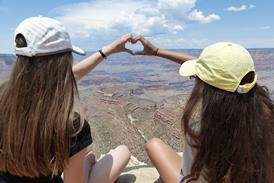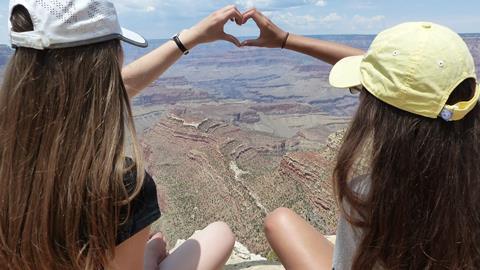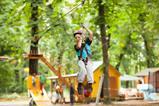We look at some of the more unusual places that children can experience culture and history away from the UK.
With low-cost airlines and a proliferation of travel websites, getting to different countries and exploring different cultures has never been easier. Encouraging parents to support their child’s school trip to a destination they may have already visited on holiday together can therefore pose a challenge.
Mindful of this, teachers are looking for new opportunities to breathe life into traditional school trips. Here are some ideas on how you can make sure a school trip meets your curriculum needs and offers students an extraordinary experience:
Give students a new perspective of traditional holiday destinations
Ancient Greece is the birthplace of Western civilisation. Away from the beaches and tavernas, the Greek islands offer school groups a spectacular immersive curriculum experience, providing students with a whole new perspective of the islands and the world’s history.
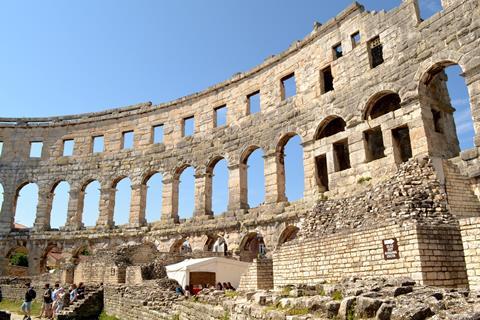
Crete, for example, is a melting pot of cultures from Europe, Asia and Africa. The Minoan civilisation, which was centred on the island, is widely regarded as the first civilisation in Europe. Much of the monumental architecture created during this period can still be experienced today and other artefacts from the era can be seen in the island’s world-class museums.
Incorporate workshops or unusual excursions
A survey by School Travel Organiser magazine revealed that more than three-quarters of teachers prefer to visit venues that provide workshops. These opportunities aren’t restricted to UK-based trips.
A short trip to markets in France or Belgium can be enhanced with a visit to a chocolatier to learn how chocolate is produced, or students can experience a baking demonstration at a local boulangerier.
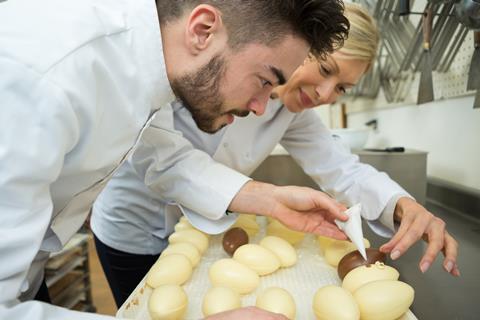
Alternatively, you can descend below ground in Paris and Rome to explore a labyrinth of catacombs. In Paris, students will see the remains of several million city-dwellers while the ‘Bone Chapel’ in Rome is a unique burial site for 4,000 friars.
Other subterranean excursions include exploring abandoned World War One and World War Two era bunkers beneath the Berlin-Gesundbrunnen railway station in Germany. Or visiting the largest natural underground lake in Europe - the Lac Souterrain de St-Leonard in Switzerland.
Arts alive
Researchers have found that students watching a live performance have an enhanced knowledge of the plot, increased vocabulary, greater tolerance and improved ability to read the emotions of others. A school trip to the theatre is a fabulous way to bring the arts to life, particularly when it is to somewhere as special as Broadway.
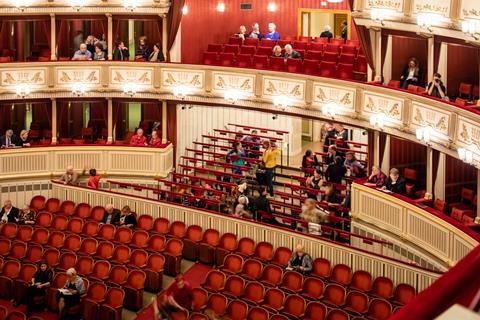
On a trip to New York, your students don’t need to settle for ‘just’ watching a show though, they could enjoy a backstage tour or tread the boards as part of a theatre or dance workshop.
If music is their passion, you could consider performing at a gala or festival on a music trip to Europe. Specialist travel companies such as OneStage, will seek out the best destination and venue to complement the strengths and traditions of your music group, whether that is at a Mass in Venice or a concert in Vienna.
Venture further afield
Geysers, glaciers and waterfalls, the dramatic topography and geology of Iceland have mesmerised thousands of school groups over the last decade. With no time difference and a short flight time, it’s clear to see why it is one of the ten most popular school trip destinations for UK groups.
Look south instead of north though, and you will discover another island that has a similar geological offer and is just as accessible. With its lush green forests, hot springs, lava tubes and Europe’s only tea plantations, the Azores will get students buzzing.

If you are planning a winter trip, The Nordic countries - Finland, Sweden and Norway - are less than three hour’s flight away and a winter timing could see your students building igloos, ice fishing and dog sledding as well as skiing. Whereas on a summer venture, your students will experience life in a country where the sun never sets while they develop wilderness and hiking skills.
School trips offer students the chance to travel with their peers and experience places and activities they may never get the opportunity to enjoy again. With careful planning and utilising the knowledge of a travel expert, these extraordinary experiences will last long in their memories and may even change the direction of their lives.



